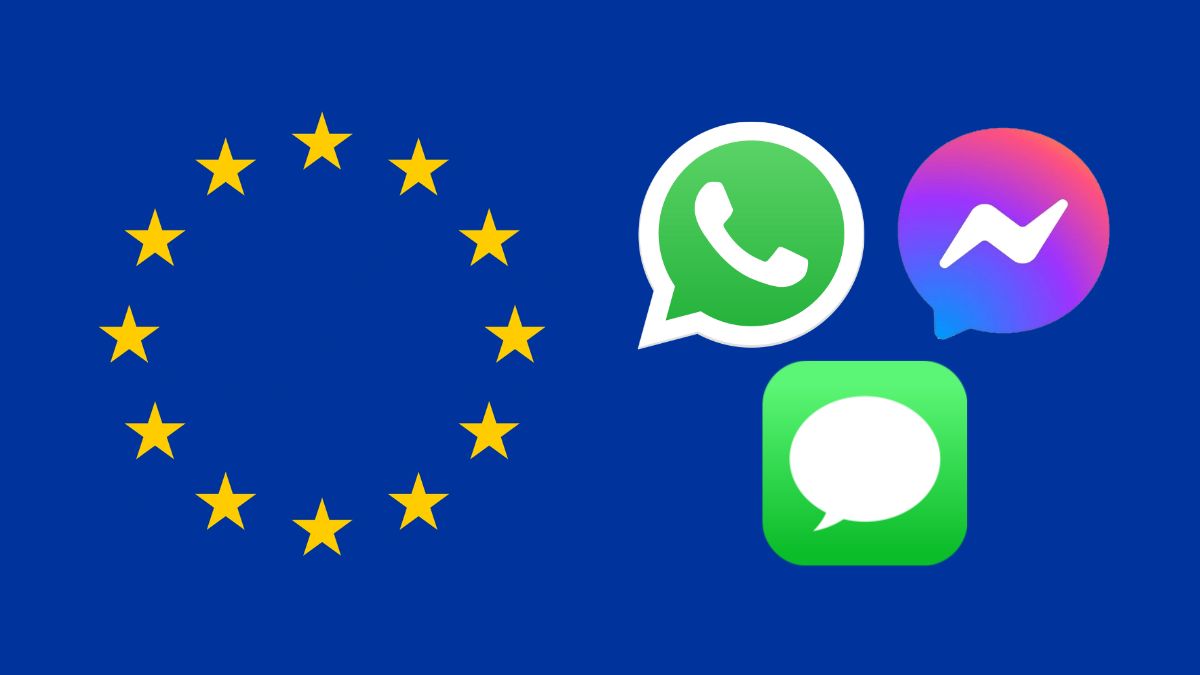The EU Wants Facebook & iMessage To Work With Smaller Platforms; Apple Says “It’s A Threat To User Privacy”

The EU’s latest Digital Markets Act could force creators of popular messaging platforms like Facebook (WhatsApp, Messenger) and Apple (iMessage) to work with smaller messaging platforms to make it in such a way that the messages could be sent from different platforms, making them interoperable.
During a close to 8-hour long trilogue (three-way talks between Parliament, Council and Commission), EU lawmakers agreed that the largest messaging services (such as Whatsapp, Facebook Messenger or iMessage) will have to open up and interoperate with smaller messaging platforms, if they so request. Users of small or big platforms would then be able to exchange messages, send files or make video calls across messaging apps, thus giving them more choice. As regards interoperability obligation for social networks, co-legislators agreed that such interoperability provisions will be assessed in the future.
Statement during EU’s press release
What is the new EU Law?
For those who don’t understand, the recent law passed by the European Union could force big tech players like Meta (Facebook) and Apple to open their messaging systems and design them so that you could receive messages cross-platform. For example, you could be texting from iMessage, but the message will be sent to your friend who’s using WhatsApp or Telegram on the other end and vice versa.
Moreover, the companies don’t have much time to implement it (I know, very relatable) but expect the rules to take effect six months after the EU parliament approves the act.
We remain concerned that some provisions of the DMA will create unnecessary privacy and security vulnerabilities for our users while others will prohibit us from charging for intellectual property in which we invest a great deal. We believe deeply in competition and in creating thriving competitive markets around the world, and we will continue to work with stakeholders throughout Europe in the hopes of mitigating these vulnerabilities.
Apple Spokesperson to The Verge
That’s not it. Failing to comply with the laws and orders might lead to the EU fining companies around 10 percent of its global revenue. This might increase to 20 percent if the company still tries to dodge it. This is not the first time the EU has introduced strict laws. The union has taken action against Apple in the past.
That said, what are your thoughts about this rule? Is the EU doing the right thing by forcing companies, saving small businesses, or forcing companies a little too much? Let us know in the comments section below.






